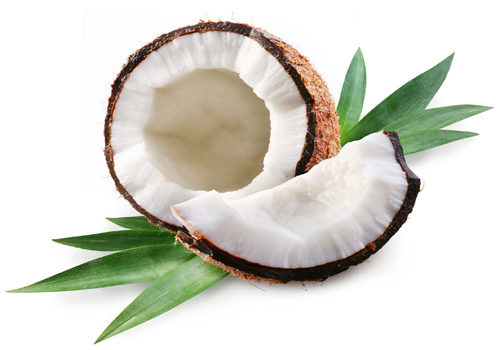Conventry, U.K.—Fluoride isn’t the only cavity fighter in town. According to scientists from the Athlone Institute of Technology in Ireland, digested coconut oil may act as a natural antibiotic to fight off tooth decay.
In a study presented at The Society for General Microbiology’s Autumn Conference at the University of Warwick, enzyme-modified coconut oil was put to the test against strains of Streptococcus bacteria—the most common acid-producing bacterium residing in the mouth—and came out swinging.
When previous studies using enzyme-modified milk showed a decrease in Streptococcus bacteria on tooth enamel, the team researched other forms of enzyme-modified foods. They found that enzyme-modified coconut oil has the potential to benefit oral health. Unmodified coconut oil did not produce these results.
Damien Brady, Ph.D., lead researcher, stated, “Incorporating enzyme-modified coconut oil into dental hygiene products would be an attractive alternative to chemical additives, particularly as it works at relatively low concentrations.”
Further, coconut oil will be tested against molecular strains of Streptococcus bacteria to discover which harmful bacteria it can fight. Enzyme-modified coconut oil also attacked the yeast Candida albincans, prevalent in thrush.
Not only do these findings suggest a benefit to oral health, but there are implications for antibacterial activity within the digestive system. “Digested milk protein not only reduced the adherence of harmful bacteria to human intestinal cells but also prevented some of them from gaining entrance into the cell,” Brady said. “We are currently researching coconut oil and other enzyme-modified foodstuffs to identify how they interfere with the way bacteria cause illness and disease.”
Published in WholeFoods Magazine, October 2012










